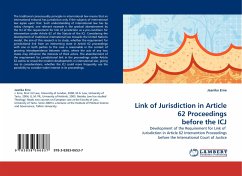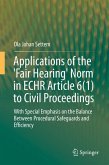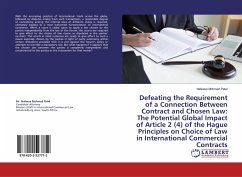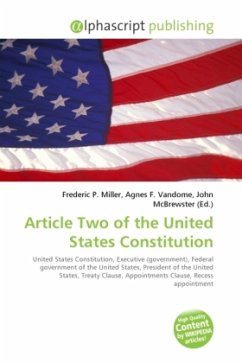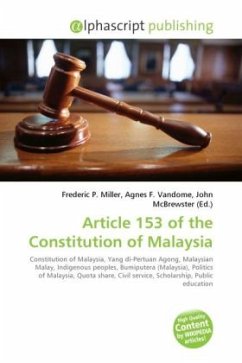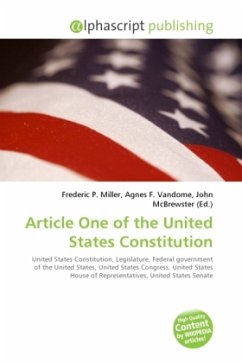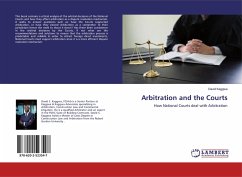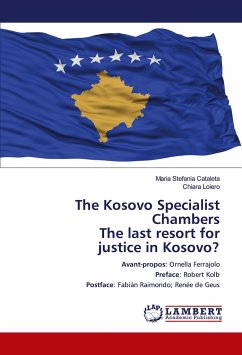The traditional consensuality principle in international law means that an international tribunal has jurisdiction only if the subjects of international law agree upon that. Such understanding of international law has by today changed, one relevant example is the gradual abandonment by the ICJ of the requirement for link of jurisdiction as a pre-condition for intervention under Article 62 of the Statute of the ICJ. Considering the development of traditional international law towards the United Nations model, the aim of this research is to study, whether the requirement for jurisdictional link from an intervening state in Article 62 proceedings with one or both parties to the case is reasonable in the context of growing interdependence between states, where the acts of any two states may influence the interests of third actors. The abandonment of the requirement for jurisdictional link in the proceedings under Article 62 seems to reveal the modern developments in international law, giving rise to considerations, whether the ICJ could more frequently use the possibility to consider wider interest in its proceedings.
Bitte wählen Sie Ihr Anliegen aus.
Rechnungen
Retourenschein anfordern
Bestellstatus
Storno

